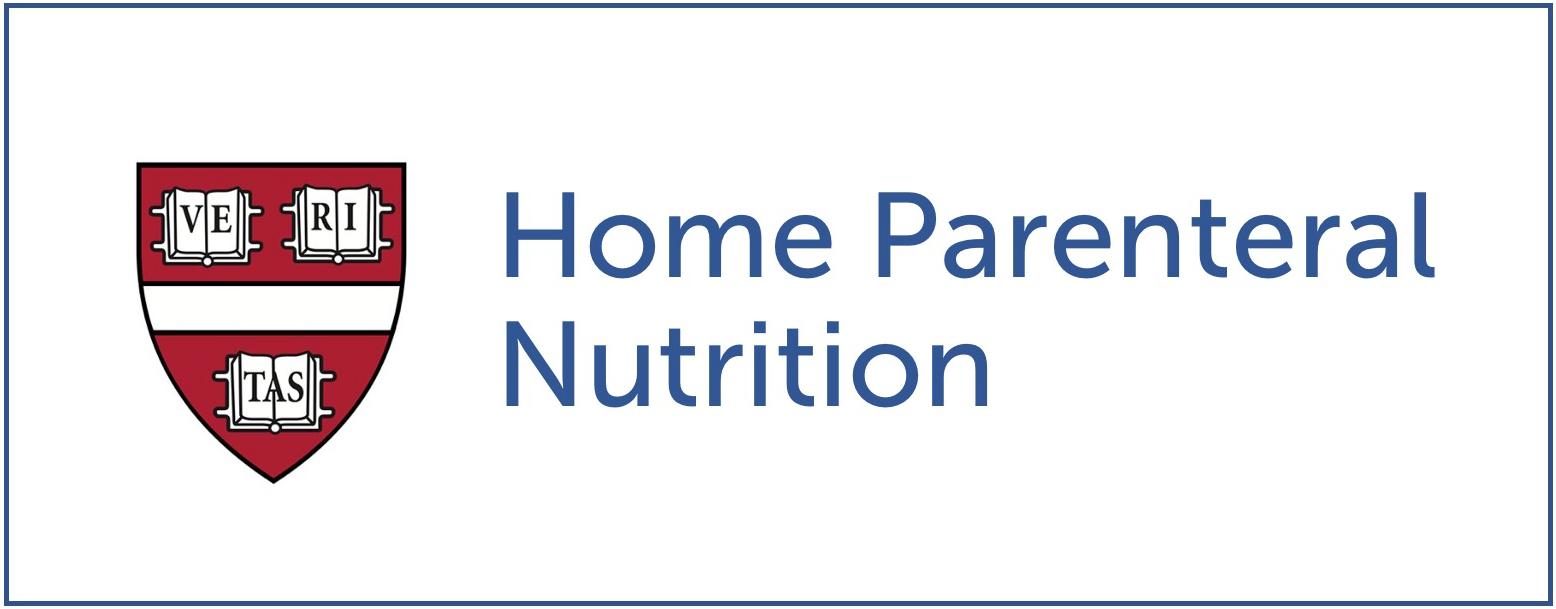Psychosocial Aspects
HPN staff needs to assess family's ability to provde PN care at home. This process is similiar to transplant assessment of patient, as the alternative is continued hospitalization on HPN until PN can be discontinued OR issues can be resolved OR sometimes intestinal transplant. As such, I've adapted items from transplant evaluation to fit HPN needs.

Assessment of psychological attributes of the patient and caregiver:
Evaluation of social supports:
Availability of identified caregiver.
Availability of alternative person in case primary caregiver is not available on a particular day.
Financial Conditions and Supports:
Availability of finances and insurance to cover HPN and treatment for medical condition.
Availability to attend regular and urgent visits, which might disrupt work and school.
Ability to undertand the associated risks of HPN and liabilities, to put the expected benefits in the right perspective, and give informed consent.
Assess likely adherence to treatment.
|
Grover S, Sarkar S. Liver transplant-psychiatric and psychosocial aspects. J Clin Exp Hepatol. 2012 Dec;2(4):382-92. doi: 10.1016/j.jceh.2012.08.003. Epub 2012 Dec 16. Review. PubMed PMID: 25755459; PubMed Central PMCID: PMC3940381.
Basic social needs for families on home parenteral nutrition:
- Transportation for visits and in case of emergencies
- Air conditioning in summer time
- Hot water to wash hands
- Access to working telephone & cell phone
- Reliable caregiver to communicate with HPN team for clinical status updates, appointments, and emergencies.
- Consistent electricity
- Area available for clean working space to prepare PN
- Dedicated space in refrigerator or separate mini refrigerator to store PN
- Minimization of house pests
- Easy access housing structure (elevator if above 1st floor)
- Family has access to own bathroom on same floor that they prepare PN
- Supplies available: liquid soap, paper towels.
- Plan to restrict pet and sibling traffic during central line care
Bech LF, Drustrup L, Nygaard L, Skallerup A, Christensen LD, Vinter-Jensen L, Rasmussen HH, Holst M. Environmental Risk Factors for Developing Catheter-Related Bloodstream Infection in Home Parenteral Nutrition Patients: A 6-Year Follow-up Study. JPEN J Parenter Enteral Nutr. 2016 Sep;40(7):989-94. doi: 10.1177/0148607115579939. Epub 2015 Apr 7. PubMed PMID: 25852128.
Social Media
From the Home Parenteral Nutrition Program at Boston Children's Hospital Facebook Group on September 16, 2017 https://www.facebook.com/groups/HPNBostonChildrens/permalink/716851441853504/
"Amazed by all the creative solutions from HPN families! Last posted a couple of years ago, foldable cart works great to transport supplies (and toys) through visits and airports. Share your tips."

